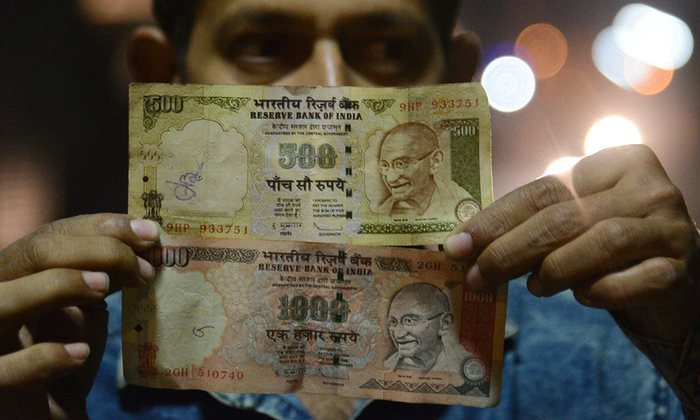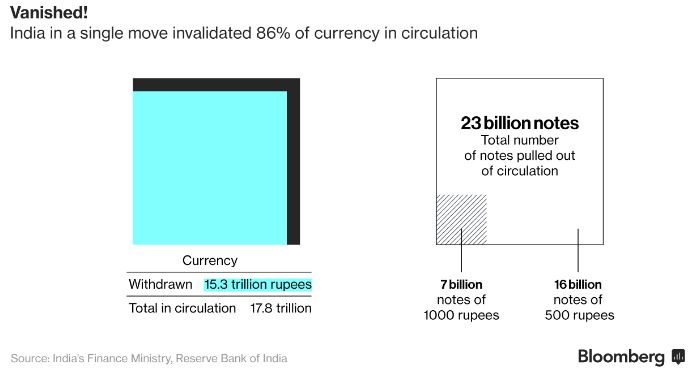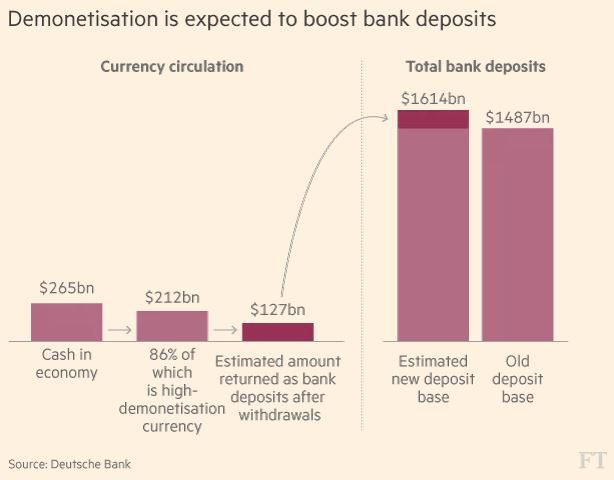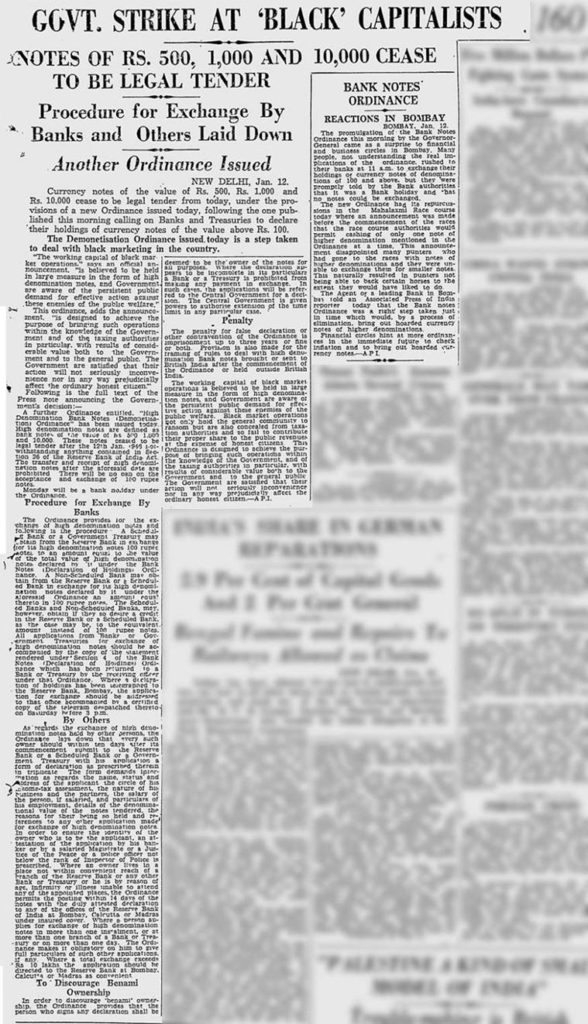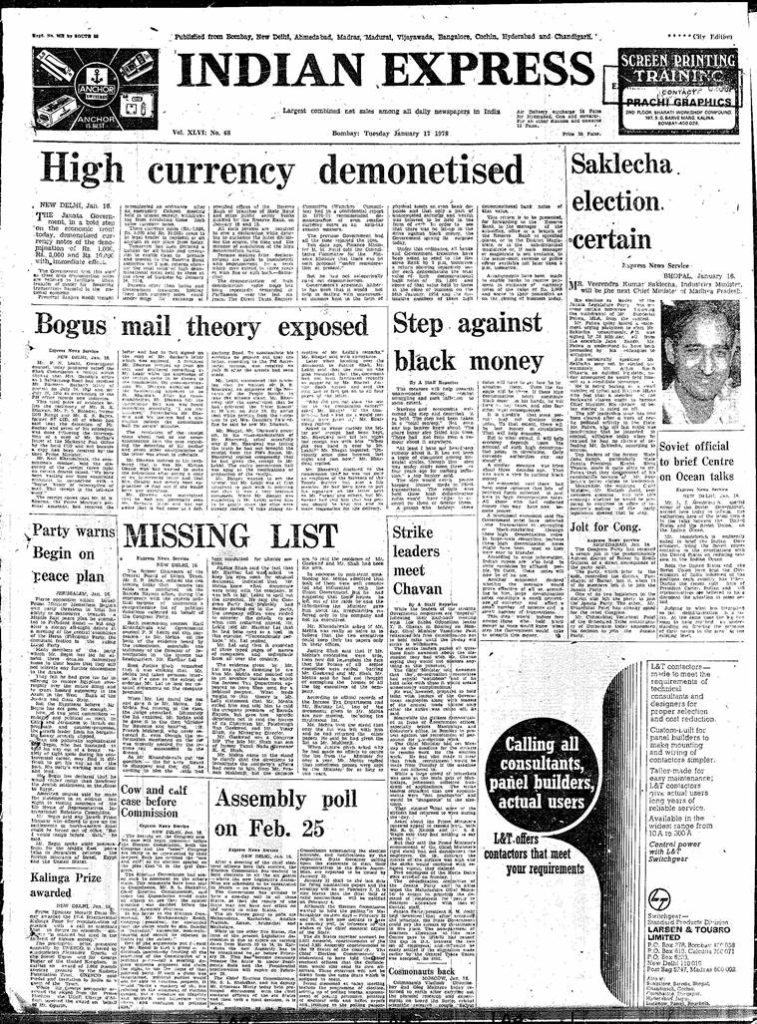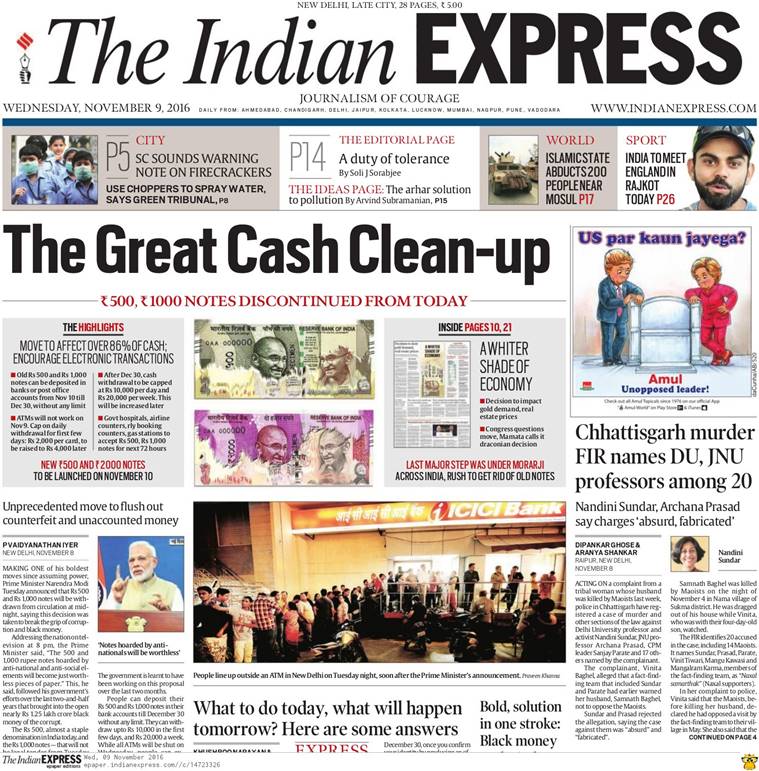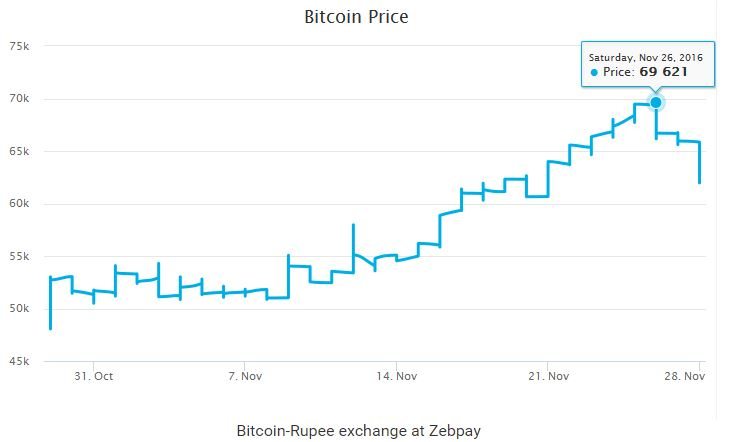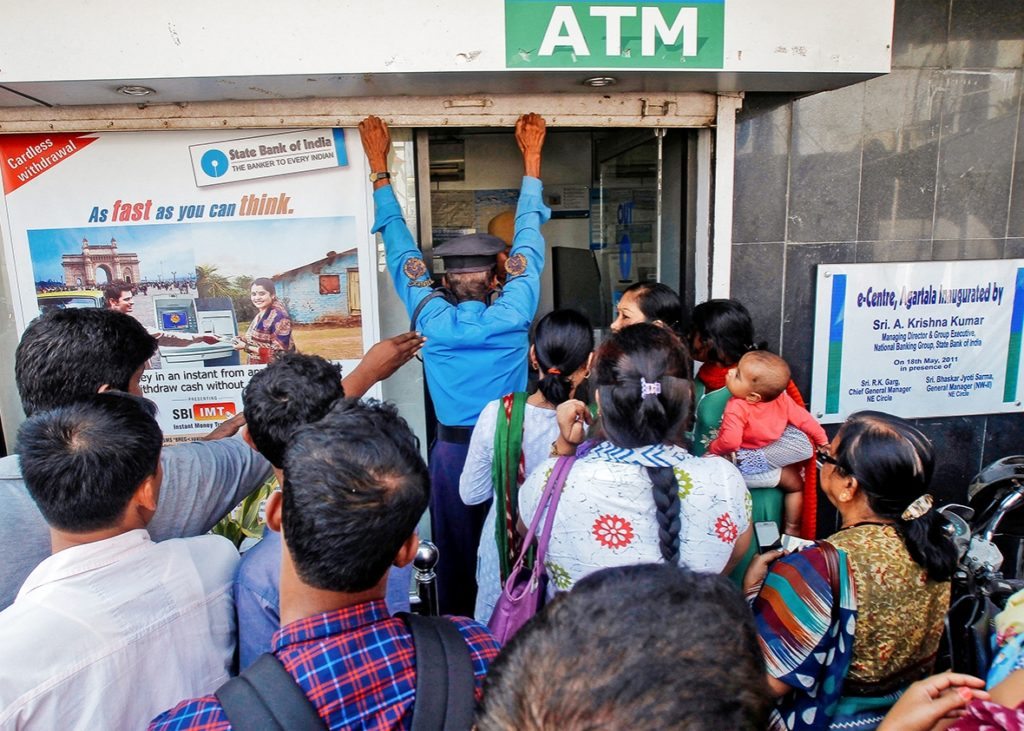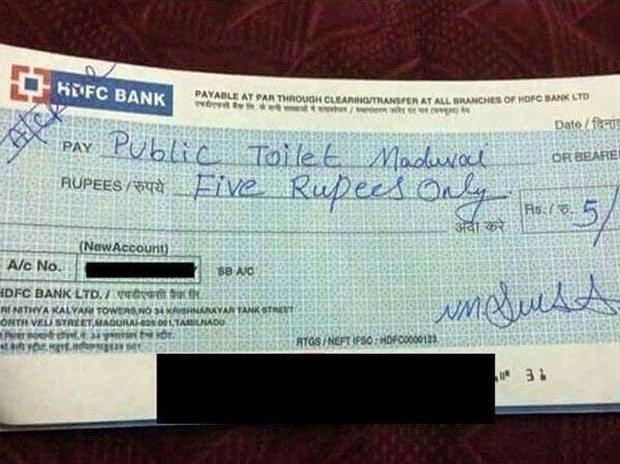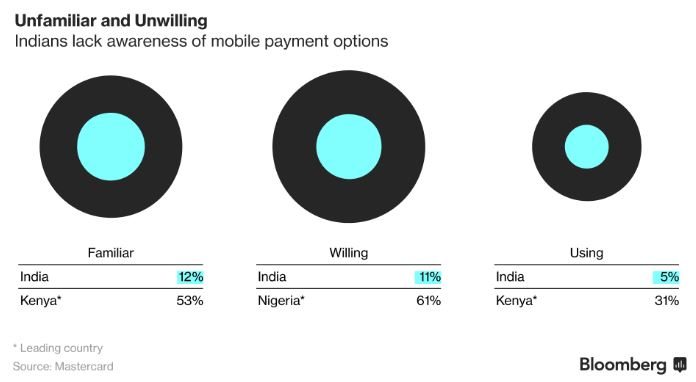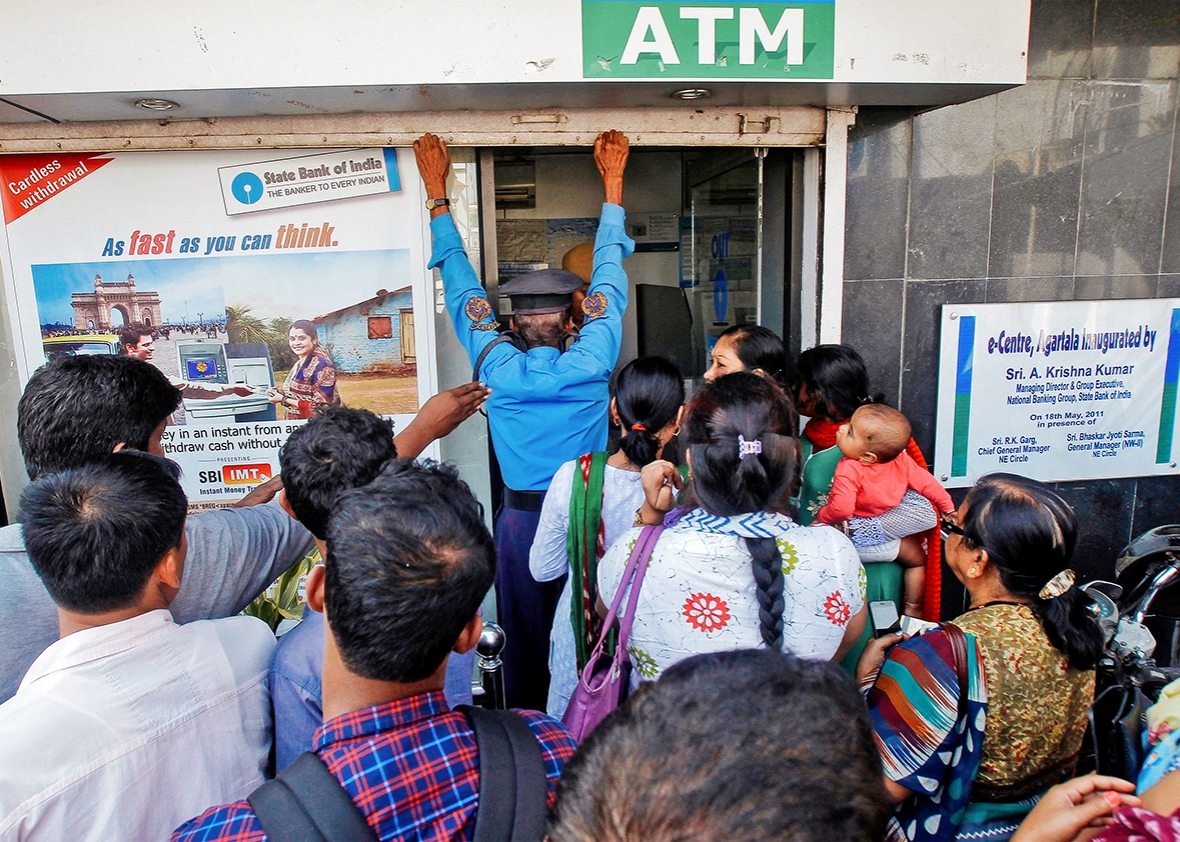
I wrote a while ago about the amazing digital identity scheme in India called Aadhaar. It’s a card-based biometric scheme using a centralised database. Of course, today, they would have developed the scheme on a mobile wallet with a distributed ledger but hey, you can’t win them all. Some say that this just illustrates how quickly technology eats itself; I say it’s an example of old versus new technology worlds. The old world was capital, resource and time intensive (as blogged about the other day); the new world is agile, a continuum, far simpler and with lower cost.
Anyways, the Indian program is going in interesting directions. Having built the identity scheme, the government has rolled out the payments system. Called UPI, the Unified Payment Interface, the aim is to make person-to-person payments via mobile or other devices a simple and easy way to pay.
A few months later, it can’t have failed to garner your attention that the Indian government suddenly, overnight, withdrew all 500 ($7) and 1,000 ($14) rupee notes.
This has caused chaos with consumers, but the move was made due to the high volume of illicit activity encouraged by the higher denomination banknotes.
Tuesday 8 November 2016 from The Guardian
India’s prime minister, Narendra Modi, has announced that 500 and 1,000 rupee notes are to be taken out of circulation, in a move expected to plunge the country’s economy into chaos (ed: this represents 86% of India’s cash by value being scrapped overnight).
In a surprise televised address on Tuesday night, Modi said the demonetisation of India’s highest-value banknotes, worth about £6 and £12, would start from midnight.
The move is an effort to close down the booming economy of untaxed cash transactions, which allows corruption, the funding of terrorist groups, and keeps counterfeit notes in circulation.
Addressing the nation, Modi said: “The exchange of 500 and 1,000 rupee notes being tendered as currency will be stopped from today. Black marketeers and traitors who use black money will not be able to move large amounts of money and 500 and 1,000 rupee notes will become worthless pieces of paper. Those citizens earning honestly and with hard work, their interests will be protected.”
Modi emphasised that citizens who had 500 and 1,000 rupee notes need not panic, as cash could be deposited at banks or post offices until the end of 2016. He said: “These steps are a part of our battle against corruption, black money and counterfeit notes. The ordinary citizen who is struggling, will be strengthened … There is no need for you to rush to the bank tomorrow, you have 50 days.”
Well, even with those assurances, it caused huge controversy. For example, the Financial Times reports that it’s helped the banks, should help the citizens and may spur the economy long term but, in the short term, is a pain in the ass.
Mind you, it’s not the first time India has demonetized. They did it in 1946 …
and 1978 …
Although the style of newspaper coverage changes each time …
Interestingly, with this year’s demonetization the government is selling it as a crackdown on corruption and an impetus towards Indian innovation. The country wants to move to a cashless economy. That’s something phenomenal. After all, look at the USA and Europe, and cashless is a fantasy. In India, they’re trying to make it happen.
Digital payments companies like Paytm and MobiKwick, for example, are reporting that demand for their services has increased several hundred per cent, and have brought forward their growth targets by a year or more.
It’s certainly done wonders for bitcoin in India, where the price has increased by a third in the last month.
So it’s all well and good for the mobile digital generation who get bitcoin and mpayments, but the general populous are not quite so happy, with chaos at bank ATMs.
And anecdotes such as this one …
Deepak Kumar, a 22-year-old security guard who earns 7,500 rupees a month, tried to open an account with a New Delhi branch of the State Bank of India after receiving his salary in old notes. The bank refused, telling him to return in January.
“They said we’re only looking after our customers, we don’t have time to add new customers,” Kumar said, adding he wouldn’t try to open an bank account again. “This cashless thing is good for big people, but for small people like us, it doesn’t mean anything."
And, for those how have a bank account, the lack of access to cash doesn’t necessarily lead to making digital payments. For example, some chap paid for to use a public urinal with a cheque for 5 rupees (7 cents).
In fact, Bloomberg provided a whole raft of charts that I think are useful to illustrate the issue that India faces, as only 5% of the population are using mobile phones for payments today and only 12% are aware they can do that.
Chris M Skinner
Chris Skinner is best known as an independent commentator on the financial markets through his blog, TheFinanser.com, as author of the bestselling book Digital Bank, and Chair of the European networking forum the Financial Services Club. He has been voted one of the most influential people in banking by The Financial Brand (as well as one of the best blogs), a FinTech Titan (Next Bank), one of the Fintech Leaders you need to follow (City AM, Deluxe and Jax Finance), as well as one of the Top 40 most influential people in financial technology by the Wall Street Journal's Financial News. To learn more click here...


